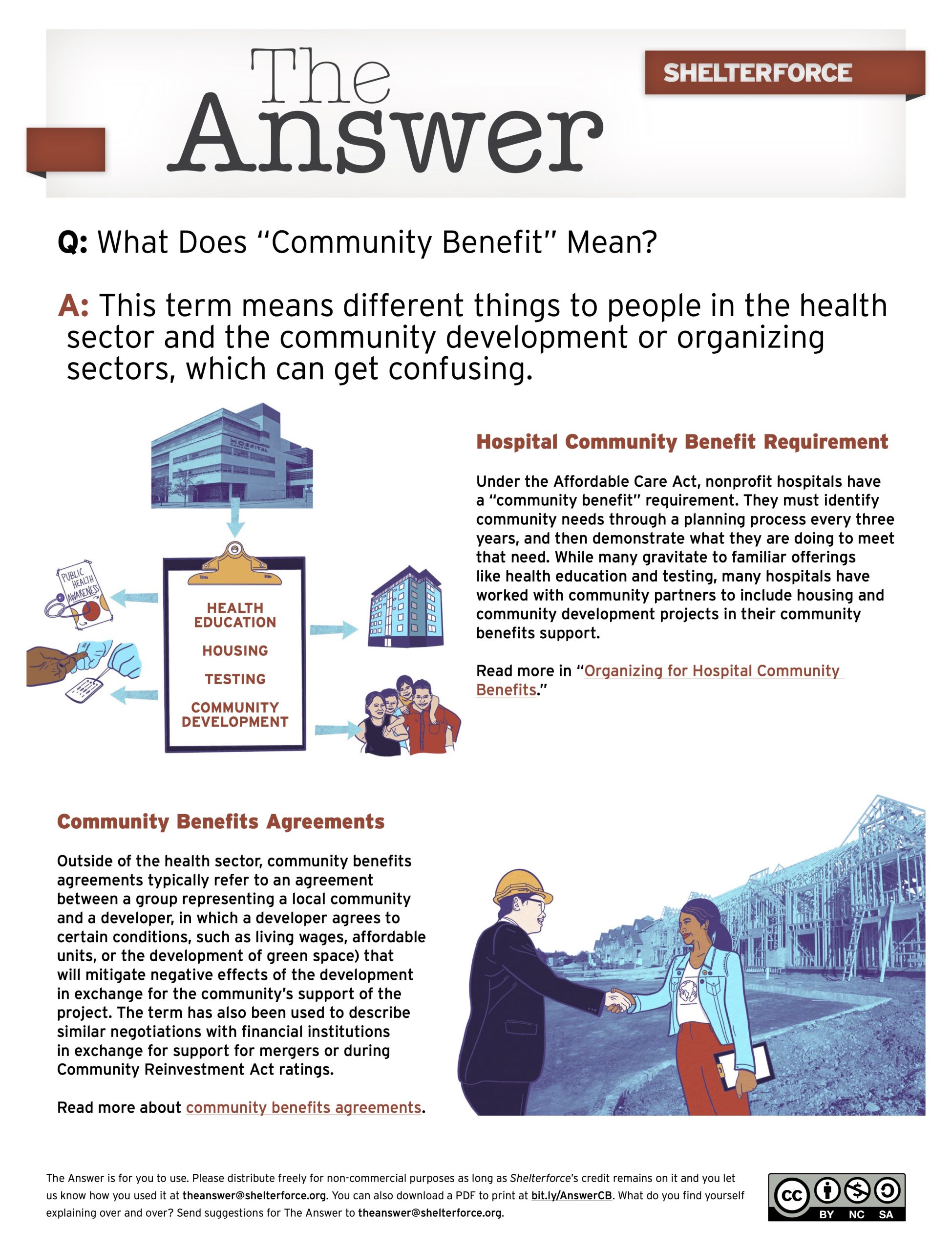
Image by Russ Alison Loar via flickr, CC BY-NC-ND 2.0
Housing that is falling apart around you can be bad for your health physically—toxic mold can worsen asthma, temperature extremes that come with lack of heat or air conditioning can be dangerous especially to the old or infirm, peeling lead paint harms child development. These things have been getting increased attention across both the health and housing sectors.
But that’s not the only way substandard housing affects health—it affects your mental health as well, several studies have found. How Housing Matters notes that “a team of child development researchers found that children from low-income households living in concentrated poverty were more developmentally harmed by poor housing quality than by residential instability, unaffordability, or other housing factors.”
Given just how harmful we know instability and unaffordability can be, those are strong results. Stress, including parental stress over housing conditions, is theorized to be one of the reasons for this result, along with the limits on play and independent exploration that come from a dangerous living situation.
A recent study from the United Kingdom extended these results to adults as well, using chemical markers of stress in the bloodstream to avoid subjective biases in people’s descriptions of their own health. Although the headlines describe the results as showing how renting affects health, that’s not actually what the findings showed. Private renters were indeed more stressed than homeowners, but renters in “social housing,” which has strict quality standards (and possibly also more stable tenure, I’d add), were not. Also, private renters who spent a higher proportion of their income on housing were also less stressed. “This was a surprising finding given the substantial evidence linking more affordable housing with better health,” write the researchers, “but likely further emphasizes a link with housing quality.”
Now, no one should conclude from this that spending a higher proportion of your income on housing is good—especially because in this country that entails, for far too many people, not getting enough of essentials like health care or food. But we should keep the importance of housing quality in mind as we develop policy. It means that when Ben Carson wants to make Housing Choice Vouchers more landlord-friendly, there will be health consequences if the call is to relax inspection enforcement. (Housing is already getting less healthy under the good doctor’s watch.)
It means that home repair loans for homeowners and small landlords could have even more positive health effects than expected. It means that the very small amount of unsubsidized housing affordable to those with the lowest incomes, which is often just pre-abandonment, is likely to be causing long-term problems for its residents. It means that conversations about code enforcement and ways to both incentivize and monitor landlords are really important.





Thanks, Miriam. It’s great to see how housing quality can impact other aspects of people’s lives. Can I add another (and certainly not the only) example of how mental health can be improved by intervention in a seemingly unrelated area? Research says that when people go from being unbanked to banked, it improves their sense of security and control over their lives. The results are particularly strong among older people.
I summarized some of the research in this blog: https://www.wisewage.org/post/becoming-banked-improves-mental-health
Thanks, Adam! That’s an excellent related example.